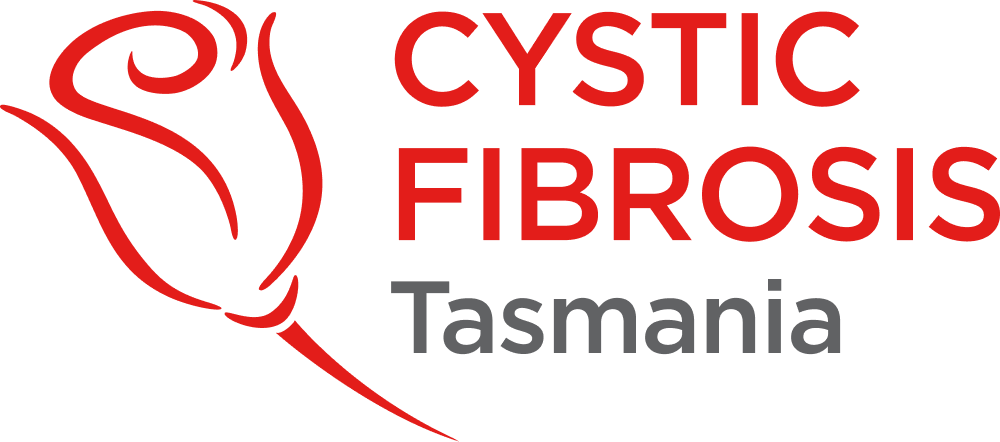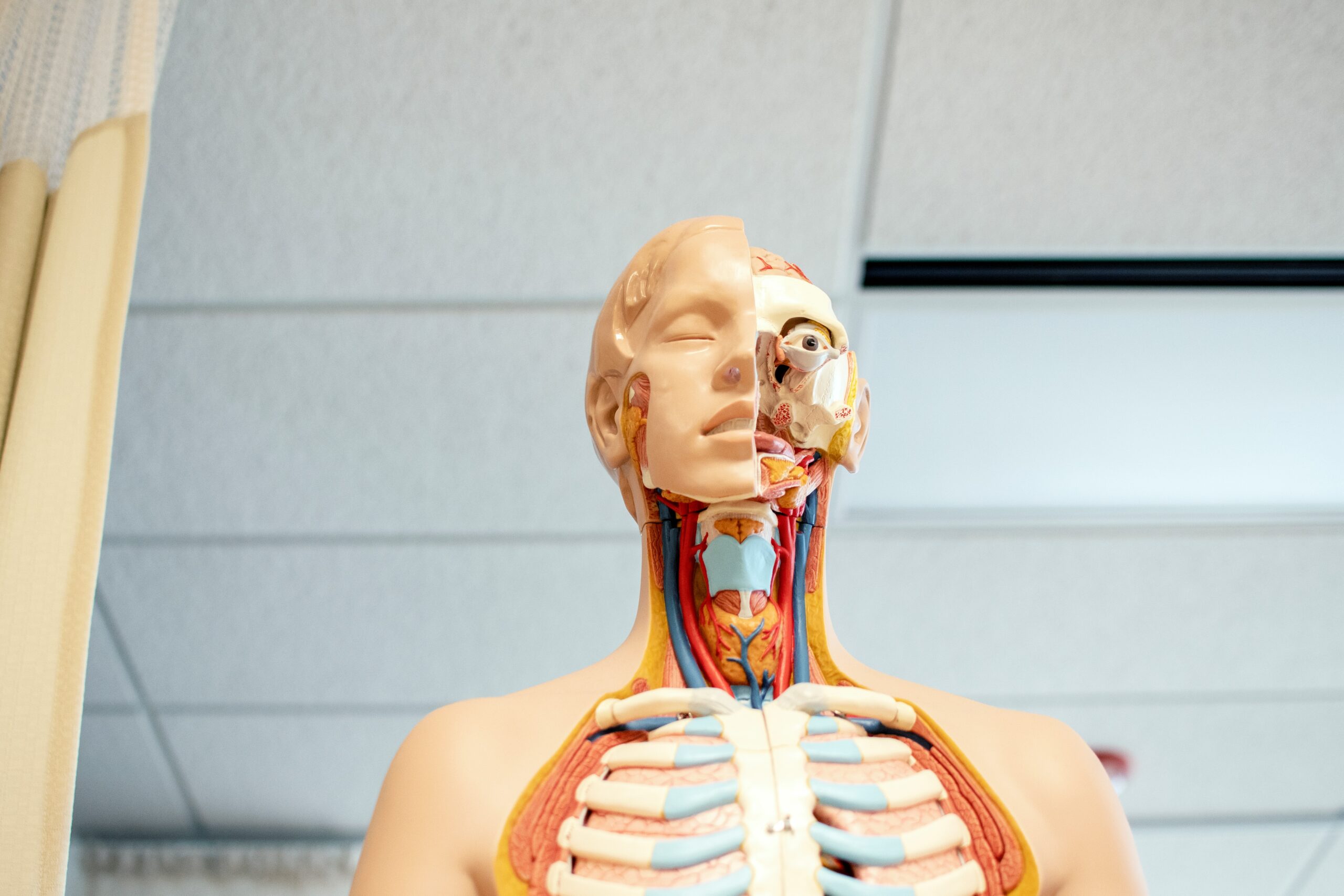Symptoms of CF
It’s important to remember that each person’s experience of cystic fibrosis will be different. This is because it is a complex condition that impacts the body in several ways.
A person living with CF will look outwardly healthy; however, looking inside their bodies would show a very different picture. A change to the CFTR gene, which regulates how cells move salt and water around, makes the body’s mucus thick and sticky. This mucus then builds up in the lungs, airways and digestive systems, affecting breathing and digestion.
Lungs
A build-up of thick and sticky mucus in the airways of the lungs leads to infection and inflammation and can also cause airway and lung damage over a period of time.
This can lead to chronic daily or intermittent coughing. It can be very hard for people with CF, as others will assume they have a virus or cold when they are just suffering from the ongoing effects of CF on their lungs. CF is not infectious to other people with normal lungs and immune systems
Daily nebulisers, medications, physiotherapy, airway clearance and regular exercise help to remove this mucus from the lungs. Oral, nebulised or intravenous antibiotics are also used to prevent and control infections.
Digestive System
Around 85% of CF patients have problems digesting food due to the mucus blocking the ducts of the pancreas. This results in not all food nutrients being absorbed and poor weight gain. People with CF take enzyme capsules to assist in digesting foods, especially those containing fats.
Some of the many symptoms that people with CF may experience include:
- A persistent cough with thick, sticky mucus
- Difficulty breathing
- Wheezing
- Infertility in males
- Lack of appetite
- Frequent lung infections
- Cramps or muscle weakness from salt loss in sweat
- Tiredness and lethargy
- Urine incontinence or frequent visits to the toilet
- CF Related Diabetes
- Dehydration
- Low bone density
- Reflux
- Poor growth or weight gain
- Difficulty conceiving naturally for female patients;
- Sinus issues




